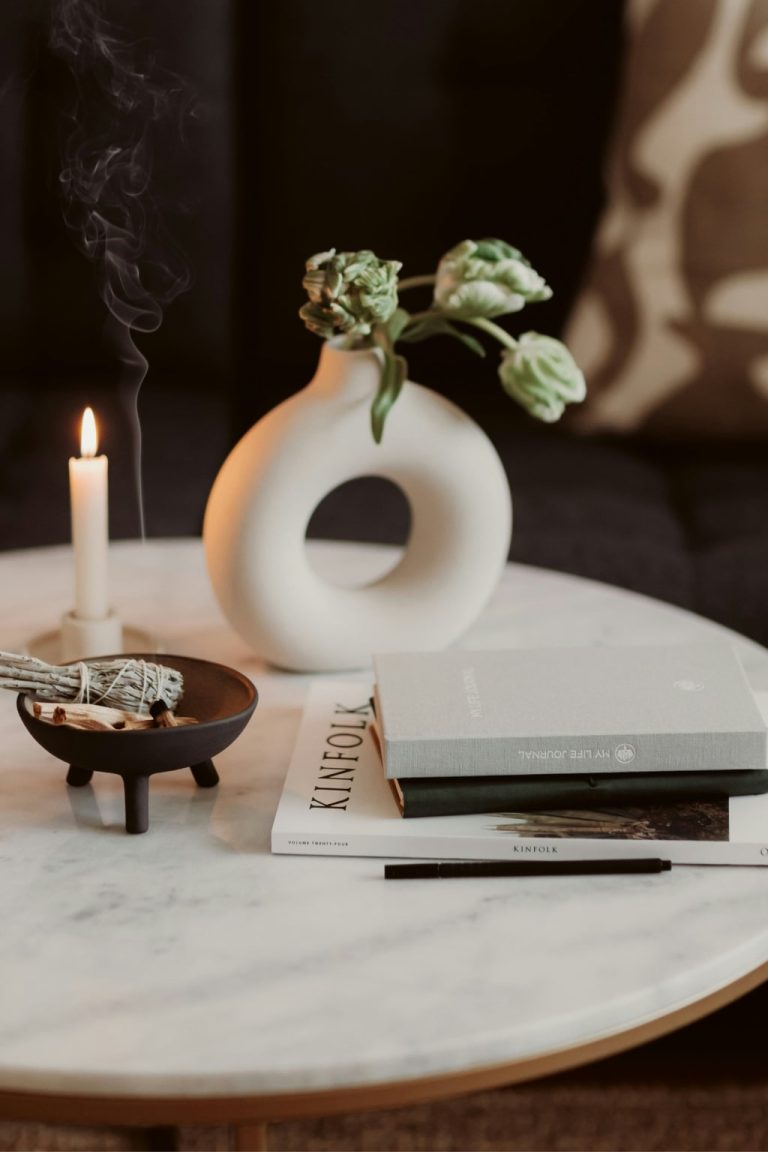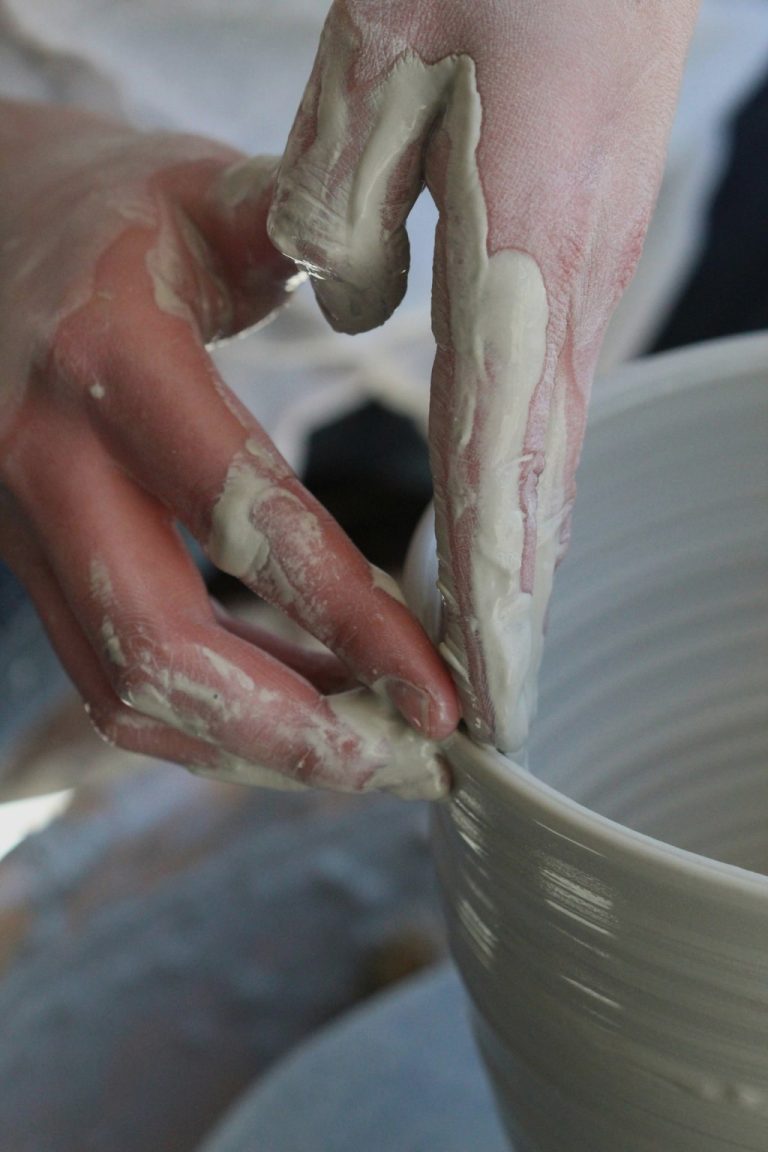The return of elegance: why women are longing for grace and simplicity
Elegance never really disappeared; it just became unfashionable to name it. For years, culture favoured excess, maximalism, irony, and spectacle. Beneath the noise, a quiet nostalgia has been forming. Many women are turning back towards refinement, not as performance but as relief.
Elegance, once dismissed as outdated or elitist, now feels like the antidote to chaos. It represents clarity, self respect, and discernment. In an age of overstimulation, grace has become the new rebellion.
From excess to edit
The early twenty twenties were defined by speed: fast fashion, fast content, fast everything. Trends changed weekly. Consumption became a form of participation. Minimalism briefly countered it, but often through austerity rather than taste.
Now, women are learning to edit rather than restrict. Elegance offers that middle ground, intentionality without deprivation. It asks not for less but for better.
Design historian Dr Alexandra Loske notes that periods of aesthetic simplicity often follow cultural fatigue. The return of elegance reflects a collective need to recover focus and care again, but selectively.
Try this
- Audit your wardrobe or space. Keep only what feels aligned, not performative.
- Notice how simplicity shifts your energy.
- Treat editing as an act of self respect, not scarcity.
The psychology of nostalgia
Nostalgia is not just sentimentality; it is a stabilising mechanism. When the present feels fragmented, the mind looks backwards for coherence. The longing for elegance is not just aesthetic but emotional, a desire for order, grace, and quiet confidence.
Psychologists describe this as restorative nostalgia, the instinct to rebuild meaning through familiar ideals. Elegance embodies that stability. It is rhythm, proportion, and composure made visible.
Try this
- Revisit memories of calm: a well set table, a handwritten note, a composed morning.
- Identify what those moments symbolise beyond their surface, such as ease, ritual, or dignity.
- Recreate their essence, not their era.
Elegance as emotional regulation
Elegance is often mistaken for vanity. In reality, it is a form of nervous system regulation. Smooth textures, balanced proportions, and slow gestures all signal safety to the body. They calm the senses and reduce cognitive noise.
Neuroscience research supports this. Studies on aesthetic experience show that symmetry and simplicity lower heart rate and improve mood. A graceful environment, whether visual or behavioural, soothes the mind.
Try this
- Move more slowly during moments of stress. Elegance begins with pace.
- Keep sensory anchors in your space, such as scent, texture, or light.
- Choose materials that invite touch and presence.
The cultural fatigue of irony
For years, culture rewarded irony over sincerity. Everything became detached or performative. But irony exhausts empathy. Women are craving authenticity that feels unembarrassed.
Elegance, in contrast, asks for sincerity. It requires composure, not cynicism. It invites care where detachment once felt safer.
This is why the quiet luxury aesthetic resonated so widely. Beneath the fashion, it symbolised emotional restraint and timelessness, qualities that feel radical in a culture addicted to immediacy.
Try this
- Practise sincerity in small ways: compliments, presence, or gratitude.
- Replace ironic distance with directness.
- Let care be visible again.
The new meaning of taste
Taste used to signal exclusivity. Now it reflects discernment. In an information saturated world, curation is clarity. Choosing thoughtfully, in fashion, conversation, or consumption, is how elegance evolves.
Cultural critic Robin Givhan writes that taste has become moral rather than material. It reflects attention, not expense. Women today express refinement through alignment: how they spend, speak, and design their time.
Try this
- Buy slowly. Ask if the item will still feel right in five years.
- Practise elegant communication through brevity, tone, and timing.
- Curate your inputs as carefully as your wardrobe.
The feminine return to grace
The word grace carries spiritual and social weight. It is presence without performance. Many women are reclaiming it as a softer form of power, quiet, grounded, and unforced.
Grace does not compete; it composes. It replaces control with confidence. It is not submissive, but self contained. This shift marks a broader movement from visibility to substance.
In a world that equates loudness with relevance, grace becomes magnetic because it feels rare.
Try this
- Approach conflict with calm curiosity.
- Refine your routines into rituals.
- Let stillness be your strongest statement.
How to live elegantly now
Living elegantly today does not mean dressing in silk or speaking softly. It means creating harmony between who you are and how you move through the world. It values rhythm, presence, and care, qualities that modern speed often erodes.
Elegance is discipline without tension. It is generosity without show. It is beauty that does not beg for attention.
Try this
- Simplify your mornings. Leave room for unhurried thought.
- Keep beauty where you can see it, even in small details.
- Practise restraint in speech, reaction, and consumption.
Final thoughts
The return of elegance is not nostalgia for a lost era. It is a recalibration, a longing for the poise that modern life has made rare. Women are not yearning for the past, but for presence, order, and meaning.
Elegance is not about being seen. It is about moving through the world with intention. And in a time that glorifies noise, that quiet feels revolutionary.






